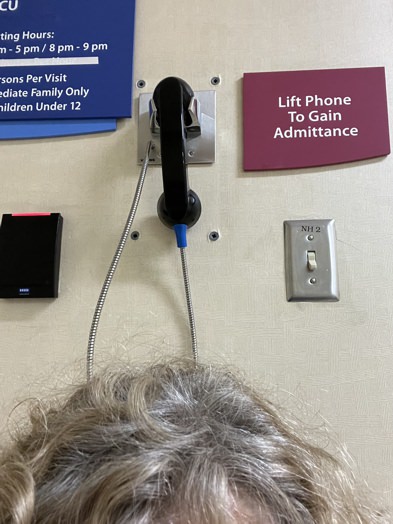
Goodreads, the world’s largest site for readers and book recommendations, was a natural place for me to post details on my dwarfism memoir trilogy. In the Ask the Author section a self-professed genuinely curious person posed the question, What’s It Like To Be Little? She prefaced her query with “You don’t have to answer this if you don’t want to because I don’t want to be offensive.”
Even though I didn’t take offense, I worked hard not to cause offense with my answer. I thought it was an odd question given that my writings discuss what life is like for a Little Person and she wrote her question on
Want to subscribe to receive blog updates sign up today!
a web page which made this clear. So I politely said: your curiosity which inspired the question is what prompted me to write my memoir. The best way for you to find out what it’s like to be little is to read one or more of the books in my dwarfism trilogy. I put the onus back on the questioner to find out what it’s like.
Typically I see my days playing out as for a person of any size. That’s because my environment has been modified so that I can function independently and interact with people who are accustomed to seeing me. I can reach almost everything in my custom built home, drive a modified vehicle, and mostly go to places where people know me.
But this month has been totally different. For three weeks in March my husband Robert has been in the Emergency Room, Intensive and Progressive Care Hospital Units, and an Acute Care Rehabilitation Hospital. This experience has reminded me that being little is distinctive.
It starts in the parking lot where I drive the entire lot looking for a disabled space with an access aisle on which to lower the ramp of my Wheelchair Accessible Van. It continues when I proffer my photo ID card to hospital security and need help to get it scanned. Speaking up when someone jumps the line can cause an angry response. And ICU visitor access is delayed while I find someone to reach the wall phone to request entry.
Communicating with medical personnel is challenging when they stand too close and talk over the top of me. I had to ask the ICU critical care doctor pressing me for consent to intubate Robert to talk to me face to face. He willingly came down to my level—first by crouching and then by sitting on a chair.
Watching Robert in a hospital bed that could not be lowered enough for me to greet him with a kiss or help feed him his meals was frustrating for both of us. But in the rehabilitation unit they located a bed that lowers enough for me to sit on the bed and reach Robert.
Successful people with dwarfism are adept at requesting accommodations that level the playing field and advocating for acceptance and environmental changes.
For further information go to:
- Angela Muir Van Etten Goodreads Author page. https://www.goodreads.com/author/show/1705018
- Angela Muir Van Etten website for books, blog posts, and resources. https://angelamuirvanetten.com
- Angela Muir Van Etten FAQ blog posts. https://angelamuirvanetten.com/category/faqs/

2 replies on “What’s It Like To Be Little?”
You and Robert are uniquely talented in navigating and adapting to challenging circumstances. Your willingness to discern a way over or around obstacles in order to move forward is one of the traits most inspiring about you. So is your deep faith in God. —-Nothing is impossible with God.” -Luke 1:37
How exasperating that in spite of all the hard work that you and other small people have done to get all sorts of things (like automatic cash point card readers) lowered by law, a hospital entry phone is still positioned out of reach! I agree with you about disabled parking bays, there are never enough at hospitals and if you need one allowing you to use your ramp they are even rarer!